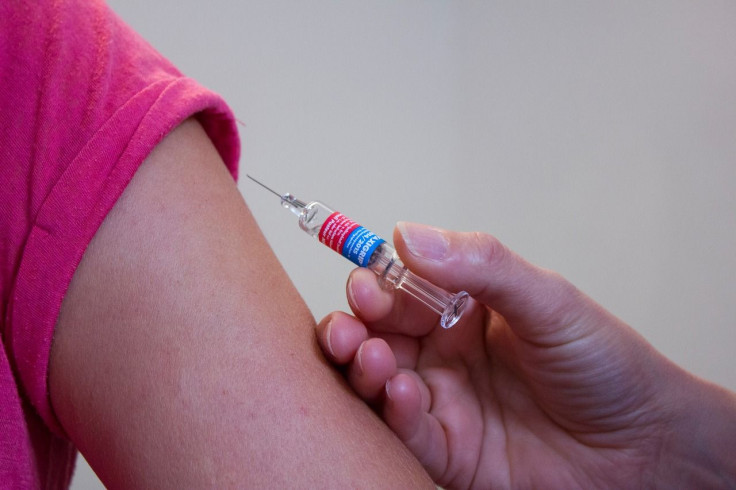Is There A Mysterious Coronavirus Cure? Australia, Netherlands Test Vaccine That May Protect Against COVID-19

KEY POINTS
- BCG contains a weakened form of a live virus similar to the bacterium that causes TB
- BCG remains alive in the skin for months
- The vaccine also is being tested to see if it prevents infections in the elderly
Researchers this week planned to start testing a century-old vaccine to see if it would be useful in fighting the coronavirus pandemic. Tests are to be conducted in four countries, beginning in Netherlands, to see if bacillus Calmette-Guerin, or BCG, can train the immune system to fight the virus, which has claimed more than 35,000 victims worldwide.
BCG has been used to fight tuberculosis and early stage bladder cancer. Some 1,000 doctors and nurses in Netherlands are to receive either the vaccine or a placebo this week. In Australia, 4,000 healthcare workers in Melbourne have volunteered to take part in the trial, which began Monday and is expected to last six months.
“There is a lot of enthusiasm to participate,” Marc Bonten of University Medical Center Utrecht, Netherlands, told Science.
A specific COVID-19 vaccine is at least 12- to 18 months away, Dr. Anthony Fauci, director of the National Institute of Allergy and Infectious Diseases, has said.
BCG contains a live weakened strain of the bacterium that causes TB. It is given to 130 million children less than a year old around the world annually and prevents an average 60% of TB cases although the efficacy varies among countries. The vaccine also is inexpensive.
Unlike other vaccines that target specific pathogens, BCG appears to improve the immune system’s ability to fight off a variety of ailments, preventing about 30% of infections by any known pathogens.
“It can boost the immune system so that it defends better against a whole range of different infections, a whole range of different viruses and bacteria in a lot more generalized way,” by Nigel Curtis, head of infectious diseases research at the Murdoch Children’s Research Institute in Melbourne, told Bloomberg. He said the study could be expanded to other Australian cities as well as Boston.
“We need to think of every possible way that we can protect healthcare workers,” Curtis said. “And there’s going to be a particular need to reduce the amount of time that our healthcare workers are absent.”
Generally, a person’s white blood cells spring into action when a pathogen enters the body, handling as much as 99% of infections. If that’s not enough, T cells (a lymphocyte produced by the thymus gland that produces antibodies specific to the invading virus or bacteria) and B cells (a lymphocyte that produces antibodies generated outside the thymus gland) crank into action. Once the infection is defeated, some of the antibodies become memory cells that speed up T cell and B cell production the next time there’s a problem.
BCG is believed to stay alive in the human skin for months. A 2018 study indicated it can protect against yellow fever. In Greece, Mihai Netea, an infectious disease specialist at Radboud University Medical Center in Nijmegen, Netherlands, and Evangelos Giamarello of the University of Athens are investigating whether it can reduce infections in the elderly.
Bonten and Netea have teamed up for the BCG trial in Netherlands. They told Science they will be looking at absenteeism to determine the vaccine’s efficacy.
The Melbourne study will be similar. The University of Exeter in England and the Max Planck Institute for Infection Biology in Germany were to conduct BCG studies on the elderly.
Study participants will not be told whether they are getting the vaccine or a placebo, but the vaccine creates a pustule and often results in a scar. Participants will log any symptoms during the trial period.
“We wouldn’t be doing this if we didn’t think that this might work,” Curtis said.
© Copyright IBTimes 2025. All rights reserved.






















